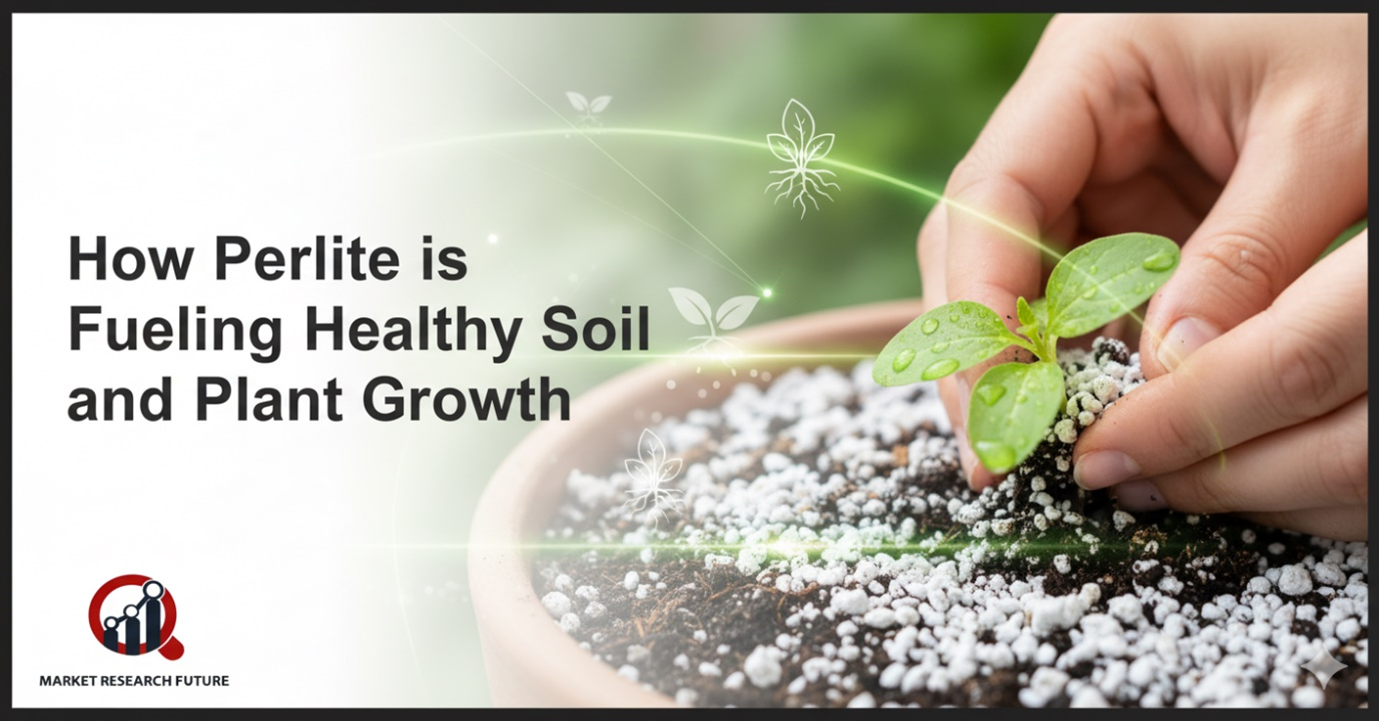Perlite: Calmer Market Conditions Ahead?

Perlite is changing the way we care for plants by making the soil just right. Its light, porous structure improves aeration, drainage, and moisture retention, which helps roots grow. This natural mineral helps plants stay healthy, develop stronger, and supports sustainable farming. It is an important tool for gardeners all over the world.
What is perlite?
Perlite is a type of volcanic glass that forms naturally and has a lot of silica in it. When you heat it, it expands a lot, almost like popcorn, and it gets light, airy, and full of tiny holes. This unique change makes perlite an important part of gardening, farming, and horticulture that wish to improve the health of the soil and the growth of plants naturally.
How Perlite Works in the Ground
Perlite works great when you mix it with potting soil. It makes soil less dense, which helps air and water circulate more easily in the root zone. This lets roots breathe freely while keeping enough water in the soil to stay hydrated. What happened? Plants that are stronger and healthier and grow faster.
Perlite is very helpful for soils that are heavy and tend to hold water or run off. It stops clay-rich soils from getting too hard and makes it easy for extra water to drain away. Its porous nature, on the other hand, helps it hold onto precisely the proper amount of moisture, which makes it an ideal balance for steady plant development.
A boost for roots and stability
Perlite not only makes the soil better, but it also gives roots a strong base to hold on to. This helps plants get used to their new home more quickly, whether they are cultivated in containers or raised beds. It also makes the soil stronger, which keeps it stable for a long time and stops erosion. Perlite is pH-neutral, which means it won't change the soil's natural acidity or alkalinity. This is great for gardeners who want to create balanced growth conditions.
Flexible and long-lasting
Perlite can be used for more than just gardening. It is also utilized in industry for things like insulation, filtration, and light building materials that are light. In gardening, it is commonly mixed with peat moss or vermiculite to help plants take in more nutrients and keep them from getting sick. Some farmers even use it by itself as a seed-starting mix because it lets air and water flow through it perfectly.
Why Perlite is Important Now
Perlite is more valuable than ever as sustainable gardening becomes more popular. It is natural, may be used again, and helps cut down on the need for chemical soil treatments. Perlite is an easy and eco-friendly approach to make gardens that are healthy and strong, whether you're growing seedlings, fixing bad soil, or growing decorative plants.

Leave a Comment